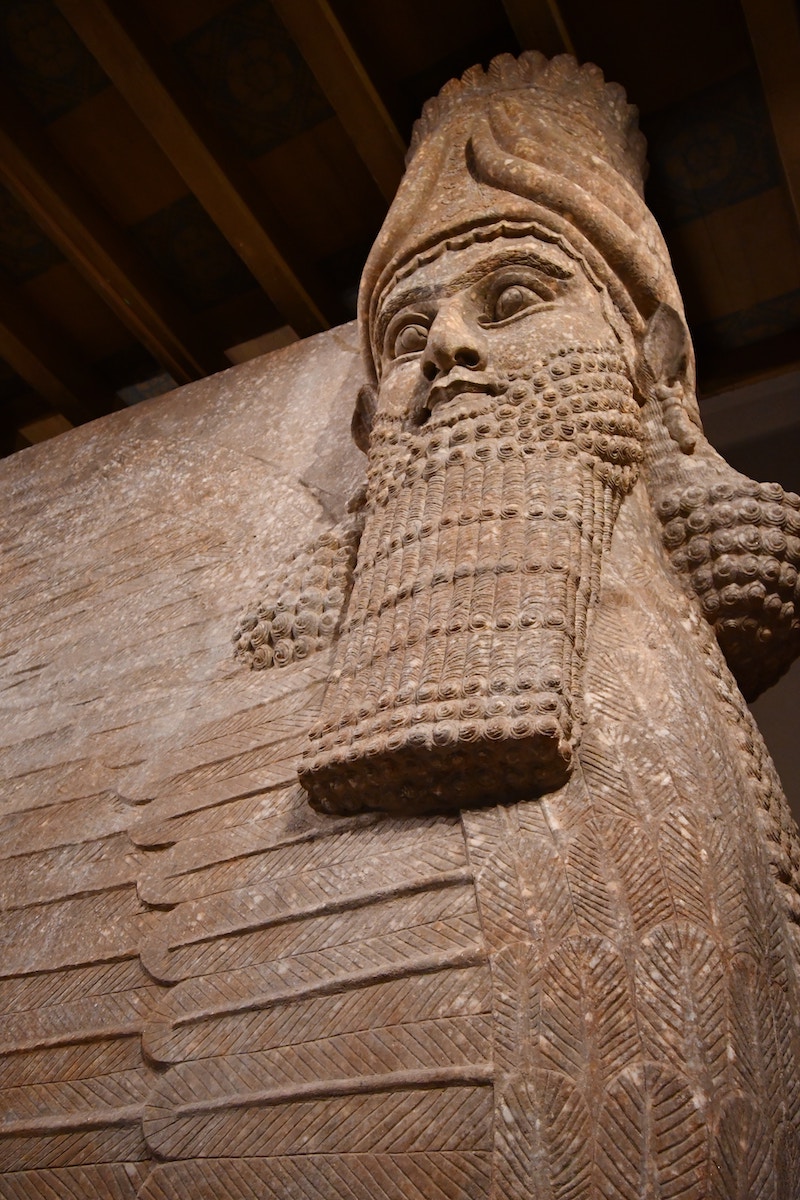
“However”
Sometimes I am having a great season, growing in the Lord, watching what I say so I don’t unintentionally offend, and feeling really grateful in general. HOWEVER, all of a sudden, I find myself doing what I didn’t really want to do, or saying what I really didn’t want to say, or being so self-centered I cannot find anything to be thankful for. Where did I go wrong? What was the HOWEVER that changed things?
As I continued through Lysa TerKeurst’s study, Trustworthy (get this study!), I watched this cycle of good kings and bad kings, those who did right in the eyes of the Lord, and those who did evil. (You can read my other post on this study here What’s Up With All The Kings?

We understand why the evil kings failed, but it’s really hard watching a “good” king end up in a bad place. So let’s look at the HOWEVER of some of Israel’s kings to see what happened to them.
Solomon was the wisest man ever, asking God to give him wisdom to rule well rather than riches and fame. He ruled well for a while but, we see in 1 Kings 11, his HOWEVER at the end of his life was an addiction to women who were not God-followers. Since Solomon did not keep the command to have no other gods, God pronounces judgment, and the kingdom will now become a divided one in the future.
We meet King Rehoboam, Solomon’s son, in 1 Kings 12:6-20. He was faced with a decision early in his kingship. So, wisely, he sought the council of others. He started with the elders who served Solomon well, HOWEVER he then decided to reject that advice and get a second opinion from some of his peers. He chose to follow those young rash voices rather than godly wisdom, and from there it led to all out idolatry and the splitting of the kingdom.
Rehoboam’s rival king, Jeroboam, had his own HOWEVER. He had a choice of listening to God but ignored the “word of the Lord,” didn’t tear down the high places of idolatry, and even built golden calves for the people to worship (1 Kings 12:31-33). Remember, these are the kings over the now divided nation of Israel, God’s people!
Jehoash, on the other hand, was a king who listened to godly wisdom through the priest Jehoiada, and continued doing what was “right in the Lord’s sight.” (2 Kings 11:17-12:16). He ordered the repair of the temple and was a good king, but he also had his own HOWEVER: the “high places” were still not torn down (see 2 Kings 12:3) and idolatry continued. He ended up being assassinated, a sad end to his “good” leadership experience.
Another “good” king, Jehoshaphat, did not follow the Baals and walked as King David did (2 Kings 17:3). When he was faced with enemy attack and didn’t know what to do, he went to God in faith before all his assembly (2 Chronicles 20:12). He consulted with the men for wise counsel (v.21), heeded that counsel and witnessed victory. But unfortunately, Jehoshaphat’s HOWEVER was like others. In verse 33, we see, once again, the high places were still not torn down. Even though he was good king, he still didn’t do what God had commanded.
Hezekiah was a king who trusted the Lord, sought the counsel of Isaiah, prayed for healing from terminal illness to live 15 extra years, and even tore down the high places. HOWEVER...his life ended trusting pridefully in “his” treasures that belonged to God. His dependence on God shifted to dependence on self and wealth, his “other gods”. (2 Kings 18-20)
Enter King Josiah, of the lineage of King David. We finally see a king who humbled himself before God and tore down the high places! He sought to obey all of the “book of law” he had discovered. (2 Kings 22-23, 2 Chronicles 34) But, sadly, he too, had his own HOWEVER situation. He listened to the enemy share “God’s direction” rather than going to God for truth.
What do we learn from these kings and their HOWEVER?
1. It’s helpful to have godly wisdom in our lives. Lysa says, “If we are careful to apply godly wisdom to our lives, wisdom will lead us to care for the things of God. If we reject godly wisdom in our lives, folly will lead us to be forgetful of the things of God.” We must heed the godly wisdom and turn away from the rest!
2. We must know and obey God’s Word. (See my earlier post, Why Read the Bible?) In 1 Kings 13 we see this phrase over and over: “the word of the Lord“. Such a reminder to get our primary truth straight from God, not other people. If what someone tells us doesn’t line up with God’s Word, we need to be very careful not to be swayed to take human council over God’s directive. (Read 1 Kings 13:11-32 to see what happened to a man of God who listened to human reason rather than obey God’s direct order!)
His Word is essential. If we ignore God’s word, what happens? We stray from being obedient, and eventually we stray from God. Moses said to the Israelites earlier in the Old Testament as he was gave the Israelites the law: “‘Anyone who does not put the words of this law into practice is cursed.’ And all the people will say, ‘Amen! ’” (Deuteronomy 27:26)
3. We must be careful to carry out God’s directives God’s way. Lysa said, “How we handle our assignments from God and for God is important.” This affects not just our own walk, but the lives of those we influence.
4. I still have “other gods”! And I hate that. I look to other things to satisfy. I seek to hear what I want to hear rather than what God is actually telling me. I trust my own abilities rather than God’s supernatural power. I choose the prideful way rather than humility. Daily I need to ask: What gods do I still worship and need to be removed? “If you obey” is a phrase God says over and over in the Bible. The choice is ours and the outcome we have is closely related to our choices of obeying God, or not.
Deuteronomy 13:1-3 gives us insight into the purpose behind why God allowed these kings to face the choice of “other gods”:
“If a prophet or someone who has dreams arises among you and proclaims a sign or wonder to you, and that sign or wonder he has promised you comes about, but he says, ‘Let us follow other gods,’ which you have not known, ‘and let us worship them,’ do not listen to that prophet’s words or to that dreamer. For the Lord your God is testing you to know whether you love the Lord your God with all your heart and all your soul. You must follow the Lord your God and fear him. You must keep his commands and listen to him; you must worship him and remain faithful to him. That prophet or dreamer must be put to death, because he has urged rebellion against the Lord your God who brought you out of the land of Egypt and redeemed you from the place of slavery, to turn you from the way the Lord your God has commanded you to walk. You must purge the evil from you.”
These kings knew the law, the “word of the Lord”…HOWEVER! We, too, have access to all of God’s written Word. We must be in it and understand it, but we also much obey it!
“Obedient patterns tend to produce closeness with God. Disobedient patterns can’t help but produce chaos and destruction. If we stray from God’s Word, we stay from God Himself. It’s not enough to receive wisdom, have wisdom, teach wisdom or preach wisdom. We must do what the Word of the Lord says personally and authentically.” (Lysa TerKeurst)
Many of the kings failed to do what God said. Kings like Solomon and others, were given great wisdom and godly counsel. But small deviations from obedience led to devastation and other gods in the long run. In John, 14, Jesus says 3 times, “If you love me, you will do what I say.” No other god will satisfy, NONE! Peace, safety, riches and satisfaction are found in Christ alone.
What’s your HOWEVER? Will you do what Jesus has told us? Will I?
P.S. A bonus of obedience is rest. You can read a post I wrote on that here.
Banner photo by Max Harlynking on Unsplash




